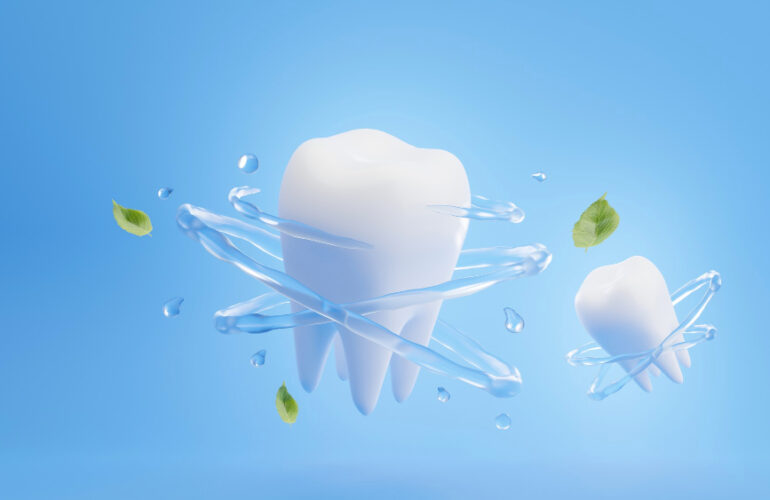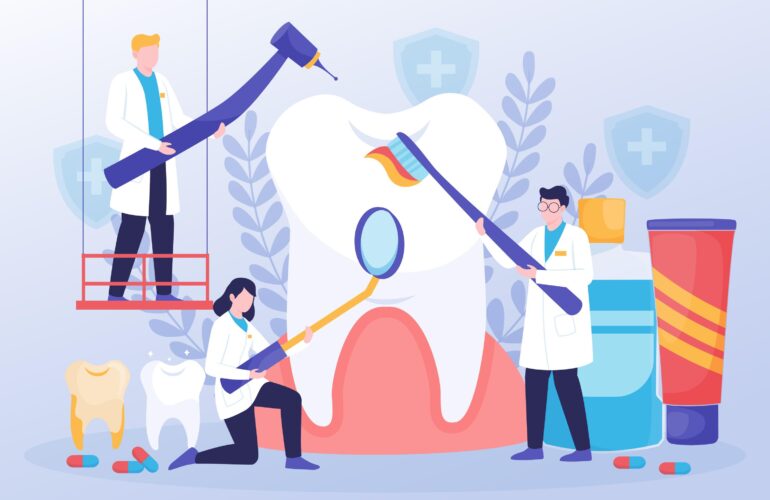Two recent studies suggest that a type of gut bacteria found in the mouth may trigger colorectal cancer by influencing the immune response and switching on cancer genes.
The researchers believe their findings may lead to more timely and improved ways of diagnosing, preventing and treating colorectal cancer, the second leading cause of death from cancer among Americans. The culprit is called Fusobacteria, a type of bacteria in the mouth that is associated with periodontitis, more commonly called “gum disease.” This gum condition is the leading cause of tooth loss among adults.
These two studies were recently published in the Journal of Cell Host and Microbe. In the first study the researchers determined the oral bacteria, called Fusobacterium, were found in benign tumors that later turned cancerous. Furthermore in the mice model they found that Fusobacterium sped up tumor formation through the release of a type of immune cell called “myeloid cells.” The latter cells penetrate tumors and trigger inflammations that can lead to cancer. The researchers, Wendy S. Garrett, MD, PhD from the Dana-Farber/Harvard Cancer Center stated that, “Fusobacteria may provide not only a new way to group or describe colon cancers but also, more importantly, a new perspective on how to target pathways to halt tumor growth and spread.”
In the second study another group of researchers found that Fusobacterium uses a molecule that lives on the surface of the bacterial cells. This molecule allows the bacteria to stick to the human cells and facilitates the invasion of the normal human cell. The molecule called Fusobacterium adhesion A (FadA) switches on genes that spur cancer growth, triggers inflammation in the human cancer cells. The end result may be cancer. The researchers also found that the FadA is much lower in normal patients. This report also said that they identified a compound that can stop the effects of FadA on cancer cells. Even better news is that FadA, according to author Yiping Han of Western Reserve University of School of Medicine, FadA is a “marker that can be used for the early diagnosis of colorectal cancer. Furthermore, FadA can be used to find “therapeutic targets to treat or prevent this common and debilitating disease.”
The conclusion to be drawn from these two studies, as far as dentistry is concerned, is the importance of dental hygiene and regular professional dental care. Keeping the mouth as clean as possible, following common sense instructions and seeing the dentist and the dental hygienist on a regular basis is the best way to prevent abnormal growth of “bad” bacteria,” including the latest villain Fusobacterium. Thus it can be said that you have a lessened risk of colorectal cancer as well as other cancers if you keep your oral health in the optimal condition.
Also remember increased inflammation in the mouth may increase the inflammation index for the whole body. Abnormal inflammation in the body is associated with many diseases, such as Alzheimer’s, rheumatoid arthritis, heart ailments and diabetes, to name just a few.
As the eyes are windows to the soul, the mouth is the same to the body.





